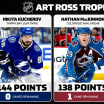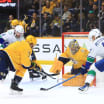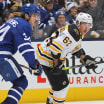LAS VEGAS -- Drew Doughty had a plan as he walked on stage at the Hard Rock Hotel & Casino on Wednesday. He was going to thank his family for the sacrifices that helped him go from London, Ontario, to the Los Angeles Kings and Team Canada. He had won the Stanley Cup and Olympic gold twice each, and now, in his third time as a finalist, he had won the Norris Trophy as the NHL's best defenseman.
Then he looked into the crowd and found his mother, Connie, and his plan fell apart.
Norris Trophy win emotional for Doughty, mother
Kings defenseman gets choked up, is grateful for family's support
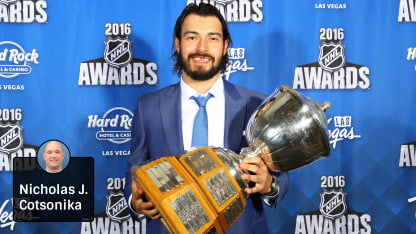
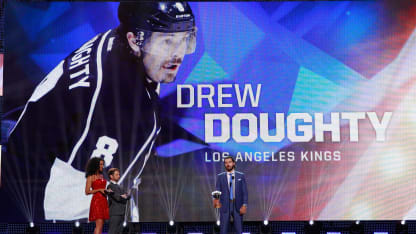
© Jeff Vinnick/Getty Images
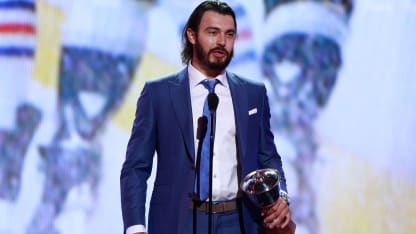
© Jeff Vinnick/Getty Images




